Bitter melon boasts a variety of vital vitamins and minerals, as well as active compounds that may help lower your risk for some of the most common chronic diseases today. Here’s everything you need to know about it.
What Is Bitter Melon?
Bitter melon (Momordica charantia), also called bitter gourd or Indian bitter melon, is a fast-growing climbing shrub that’s characterized by its thin stems, tendrils and bright yellow flowers that only bloom for a day. Its fruits usually start off with a light green shade and become yellow or orange as they ripen.
Native to India, the bitter melon plant is also grown in other tropical countries, as it thrives in warm and humid climates. Its fruit is usually prepared in dishes, while the leaves are used in teas and soups. Aside from its culinary uses, bitter melon has also been used as a traditional medicine in many places across the world, including Bangladesh, China, Ghana, Haiti and South America, specifically for gout, dysmenorrhea, and skin and digestive problems.
The easiest way to identify bitter melon is through its rough and wrinkled skin, which some might even call “warty.” While the fruit may appear off-putting, bitter melon is actually famous for its effects on as it contains three different components that help in blood sugar regulation, namely charantin, peptides and alkaloids.
The Benefits of Bitter Melon
Adding bitter melon into your diet may help:
- Improve blood sugar regulation — Bitter melon contains hypoglycemic compounds that may help improve your body’s ability to utilize sugar for energy. In a 2018 placebo-controlled trial published in the Journal of Ethnopharmacology, bitter melon and cucumber juice were given to prediabetics. After a few weeks of administration, the individuals given bitter melon juice had significantly lowered fasting plasma glucose levels.
Bitter melon may also help boost fat metabolism, giving it the ability to help lower the risk for obesity, one of the risk factors of diabetes. In an animal study done in 2016, bitter melon extracts were found to effectively reduce adiposity in obese mice by promoting balance in lipid intake and metabolism.
In addition, it has been found to significantly help improve insulin sensitivity. In a 2015 study published in the Nutrition Journal, researchers found that the “glucose lowering effects of bitter melon fruit extract are comparable to some oral hypoglycemic agents.”
- Boost the immune system — Bitter melon may help contribute to better immune function, as it is filled with numerous antioxidants and other essential nutrients, one of which is vitamin C. Bitter melon contains about 89.4 milligrams of vitamin C per 100-gram serving, which is an essential micronutrient for improving immunity, as it supports cellular function and oxidant scavenging.
- Reduce the risk for inflammation — Studies show that there different components in bitter melon that contributes to its potent anti-inflammatory properties, including flavonoids, phenolic acids, triterpenoids, fatty acids and cucurbitane type triterpene glycoside.
A 2018 study published in the journal Phytomedicine showed that a peptide extracted from bitter melon seeds helps in alleviating inflammation by inhibiting pro-inflammatory cytokines. Another 2018 animal study shows that the administration of bitter melon polysaccharides may help in reducing gastric inflammation and oxidative stress.
Bitter Melon Side Effects and Complications to Look Out For
Because of its active compounds, bitter melon may amplify certain medications’ effects. Bitter melon is largely recommended for diabetes patients due to its ability to help in the regulation of blood sugar. However, eating bitter melon while you’re on diabetes medications may cause your blood sugar to drop more than it’s supposed to, causing hypoglycemia.
If you’re planning on making bitter melon a regular part of your diet, it would be best that you ask your doctor if you would need the dosages for your diabetes medication lowered. Other subgroups that need to limit or avoid bitter melon consumption include:
- Pregnant or breastfeeding women —Bitter melon contains active components that may trigger bleeding during pregnancy. There have also been insufficient studies focusing on the effect bitter melon has on pregnancy. To be safe, it would be best that you limit your intake.
- Patients who will undergo surgery —The consumption of bitter melon may compromise the regulation of blood sugar during surgery. If you’re scheduled for surgery, it would be best that you avoid consuming this vegetable at least two weeks before.
How to Choose and Cook Bitter Melon
Before you get to preparing and cooking, you need to know how to choose a bitter melon to ensure that you get the freshest produce for your dish. Here are some of the things you should remember when buying bitter melon:
- Look for those that are firm and light in color— Darker colored bitter melons usually have a much more intense flavor, which may prove to be overpowering for first-timers.
- Small- to medium-sized bitter melons are better —Although big bitter melons have more flesh and will yield bigger servings, they usually have a more bitter taste. If you do not want your dish to have a strong bitter flavor, choose small- to medium-sized bitter melons.
Once you’ve successfully chosen the best bitter melon, follow this guide from Food Republic to prepare it properly:
- Split the bitter melon in half.
- Scoop out the seeds with a spoon.
- Slice the fruit into thin half-moons.
Tip: If you’re not accustomed to the flavor of bitter melon yet, you can draw out some of the bitterness by tossing the slices in salt and letting them sit for about 30 minutes.
Bitter Melon Nutrition Facts
If you’re planning to add bitter melon into your diet, these nutritional facts are worthwhile to gauge which nutrients you’d need to get from other sources:
| Bitter Melon Nutrition Facts
Serving Size: 100 g |
||
| Amt. Per Serving |
% Daily Value* |
|
| Calories | 21 | |
| Total Fat | 0 g | |
| Saturated Fat | ||
| Trans Fat | 0.0 g | |
| Cholesterol | 0 mg | |
| Sodium | 0 mg | |
| Total Carbohydrates | 4.26 g | |
| Dietary Fiber | 2.1 g | |
| Sugar | ||
| Protein | 0 g | |
| Vitamin A426 IU | Vitamin C | 89.4 mg |
| Calcium0 mg | Iron | 0.77 mg |
Bitter Melon May Help You Achieve Better Overall Health
Diet is one of the main factors in the journey to better health, and making sure you’re loading yourself with nutritious and healthy foods should be one of your top priorities. With the abundance of beneficial components that bitter melon is filled with, this fruit deserves to be one of your top choices when it comes to new additions to your diet
Frequently Asked Questions (FAQs) About Bitter Melon
Q: How do you eat bitter melon?
A: Bitter melon may be prepared in a variety of ways. In Chinese cuisine, bitter melon is stir-fried with some pork or beef, while in Indian cuisine, it is cooked with coconut or stuffed with spices. There are various recipes available in cookbooks and on the web you can try out.
Q: What is bitter melon good for?
A: Bitter melon is rich in vitamins and minerals that can influence numerous body systems and processes. It is especially popular due to its effect on insulin sensitivity, making it a good vegetable to add to your diet if you’ve been struggling with insulin resistance. Bitter melon also exhibits anti-cancer, anti-tumor, hepatoprotective, antimicrobial and antiviral properties, making it a relatively impressive vegetable.
Q: Can I eat bitter melon when I’m pregnant?
A: While bitter melon is loaded with nutrients that you may deem beneficial for both your and your child’s health, its influence on blood sugar levels may cause numerous adverse effects. It’s also found to have components that may trigger bleeding. If you’re planning on eating bitter melon, it would be best to consult your health practitioner first to ensure your safety.
Q: Where does bitter melon come from?
A: Bitter melon is usually cultivated in tropical countries, mainly in Asia, Africa and the Caribbean. However, it is now being cultivated in other parts of the globe. Today, it is grown in the warmer parts of the U.S., such as Florida.
Q: Is bitter melon helpful for managing diabetes?
A: Studies have shown that bitter melon may help lower glucose levels, making it useful for patients with diabetes. In fact, a study published in the Nutrition Journal showed that the hypoglycemic effect of a bitter melon is comparable to that of an oral hypoglycemic medicine.

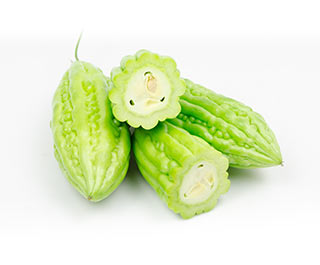
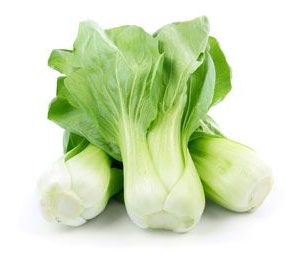
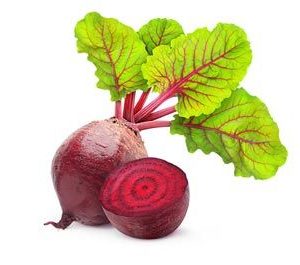
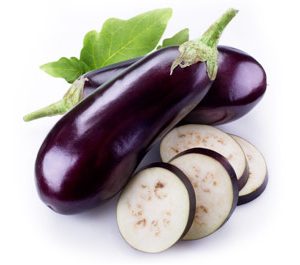
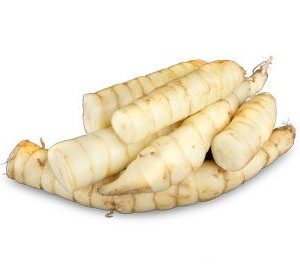
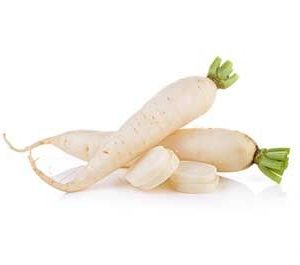
Reviews
There are no reviews yet.